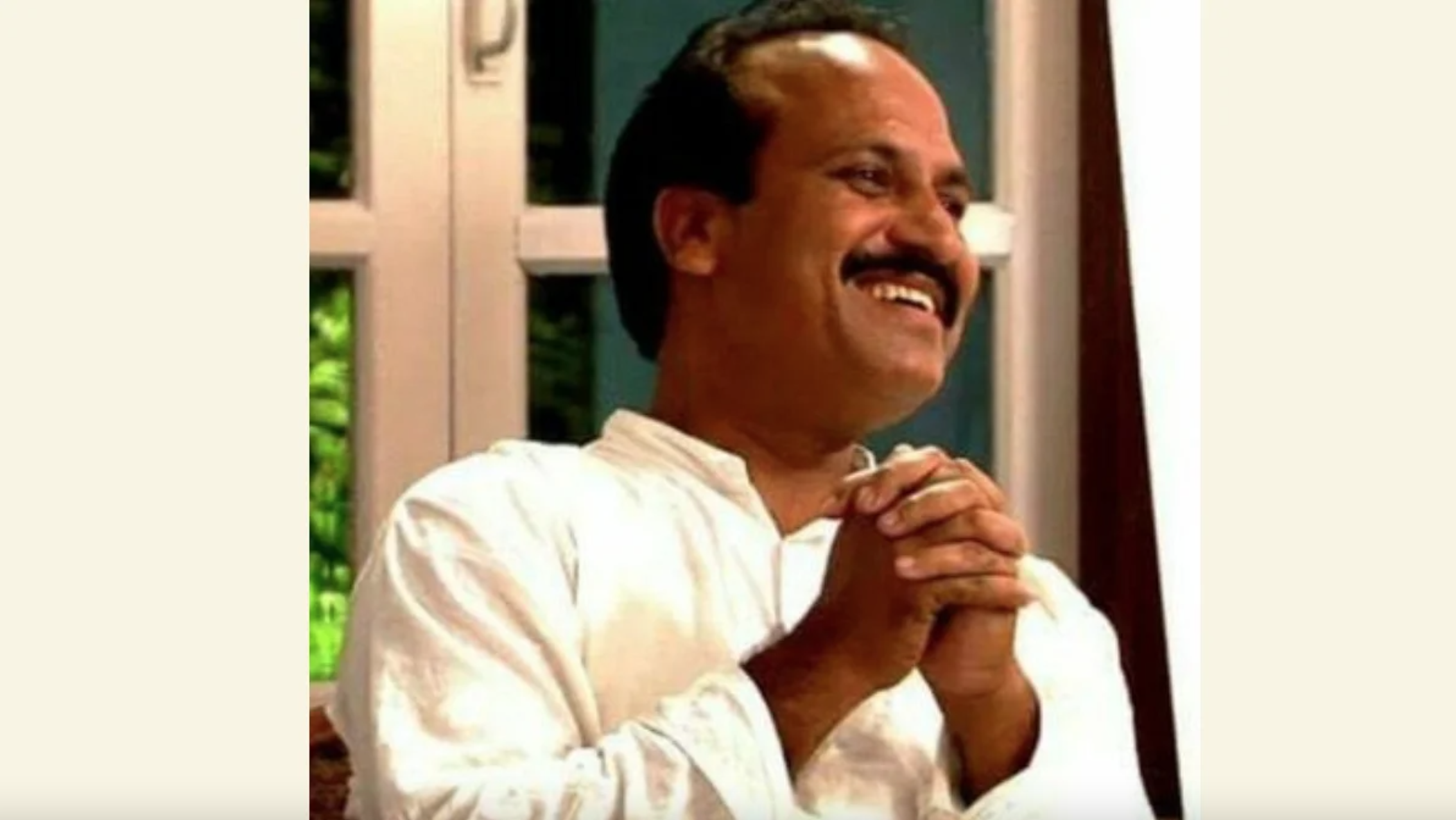Explained: The case against adivasi activist Himanshu Kumar

On June 15, the Supreme Court dismissed the petition filed by Chattisgarh activist Himanshu Kumar seeking a probe into alleged rights violations by security forces in Dantewada in 2009. The apex court also fined Kumar Rs five lakh and ordered a CBI inquiry.
Basil Islam | TwoCircles.net
NEW DELHI — Activist Himanshu Kumar from Dantewada, Chattisgarh, was fined five lakhs by the Supreme Court on June 15. A petition filed by Kumar sought a probe into the security forces' alleged torture and extrajudicial killings during anti-Maoist operations in Dantewada in 2009. Not only was the petition junked by the Supreme Court, but Kumar was fined, and a CBI enquiry into the possible conspiracy behind the petition was also allowed by the court.
Born to parents who were freedom fighters, Himanshu Kumar was brought up in a Gandhi Ashram in Meerut, and the teachings of Vinoda Bhave had huge influences on him. He started the Vanvasi Chetna Ashram (VCA) in Dantewada in 2005. Through VCA, he helped Adivasis access their rights under the law. He worked for 17 years in VCA to get displaced Adivasis back to their homes, for the acquittal of falsely accused, and rehabilitation of the victims of police and vigilante crimes during the murderous Salwa Judum campaigns. In 2010, his Ashram was later bulldozed, citing government land encroachment, and he was forced to move to Delhi.
The incidents in the case happened on September 17 and October 1, 2009. In a joint CoBRA, STF and district police operation, 17 Adivasis were killed in the villages of Gachhanpalli, Gompad and Belpocha, situated in the district of Dantewada, State of Chhattisgarh. At the time, the BJP government led by Raman Singh blamed Naxals for the killings. After Kumar approached the court in 2009, police exhumed seven bodies from the outskirts of Gompad, one of the villages. Himanshu Kumar, along with 12 relatives of the deceased people, filed a petition in 2010 in which Chhattisgarh Police, Special Police Officers, and activists of Salwa Judum (government-backed vigilante group) and paramilitary forces comprising CRPF and CoBRA Battalions were accused of the massacre. Kumar presented eyewitnesses who had seen security forces attack the tribals with bayonets, shoot them at close range, and mutilate the bodies. The petition demanded a CBI probe into the killings, strict action against the security forces and compensation for the victims’ families.
After the complaints filed by Kumar gained media attention, the killing of Adivasis caused national debate. Salwa Judum came under harsh criticism, and the central ministry was called for accountability in actions against the Adivasis under the guise of anti-Naxal operations. In response to Kumar’s petition, the Centre filed a petition in the Supreme Court where it sought perjury proceedings against the activist for “misleading” the court and argued for a probe by the National Investigation Agency into those behind “such petitions”. Centre responded to his petition as a conspiracy “to provide a legal protective shield to members of Left Wing Extremist outfits.”
Giving a clean chit to the accused security forces, the Supreme Court on Thursday declared that 17 Adivasis were killed by Naxalites and not by the forces. In a 94-page judgment by the bench of Justices A.M. Khanwilkar and J.B. Pardiwala, the SC allowed the CBI and the Chhattisgarh police to investigate whether the filing of the PIL was meant to malign and discredit the security forces to stop the from carrying out operations against left-wing extremists. This could mean that the petitioner and his NGO might face more investigations from the central agencies.
Responding to the Supreme Court order, Himanshu Kumar said to Indian Express that he knows that he will be jailed but won't pay the fine imposed on him. “Paying the fine would mean accepting that I did something wrong,” he said.
Kumar tells Indian Express that he has been targeted by the authorities since the time he filed the petition in the Supreme Court. He also stated that his co-petitioners were abducted, and he was not allowed to speak to them. Eventually, Kumar was informed by some of his friends that the state was ready to take extreme measures to silence him and that he should leave. “I had to flee overnight from Chhattisgarh, and the Vanvasi Chetna Ashram was later demolished,” he adds.
“Dismissal of our plea by the Supreme Court means several families have lost the hope of justice,” the Gandhian activist said to Indian Express.
Basil Islam is an independent journalist and researcher based in South India. He tweets at @baasiie
